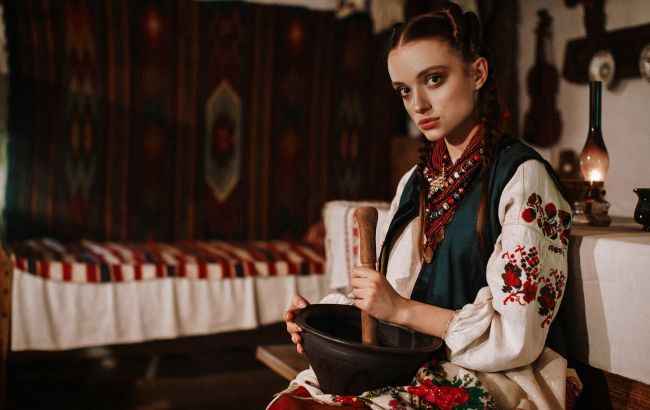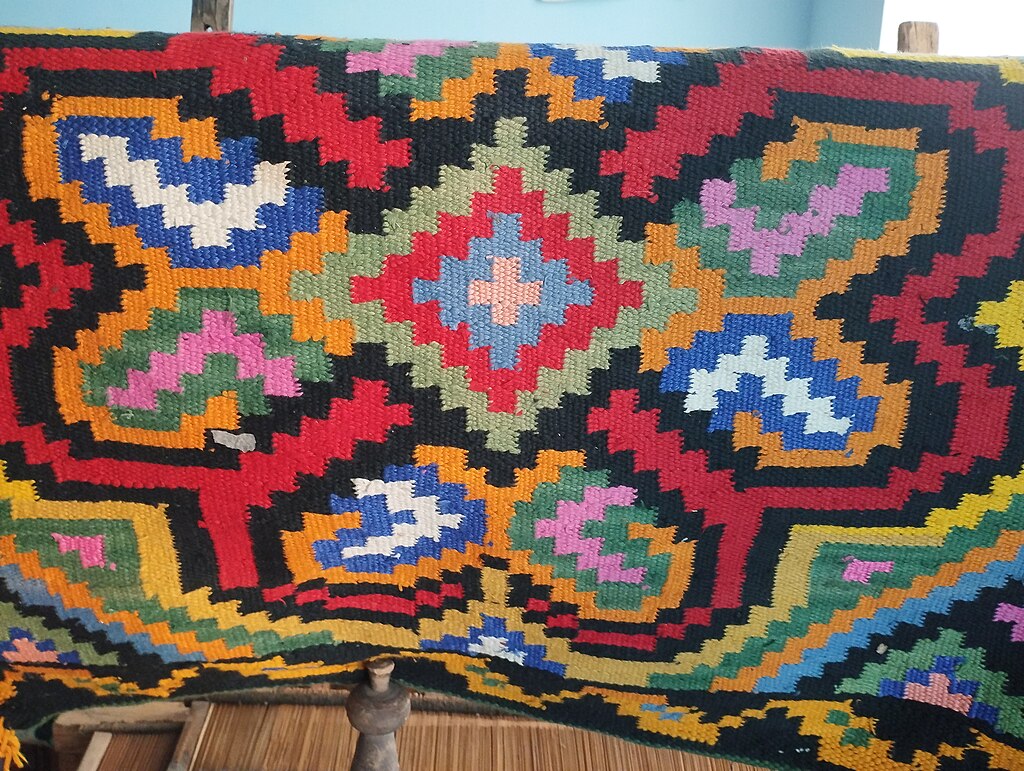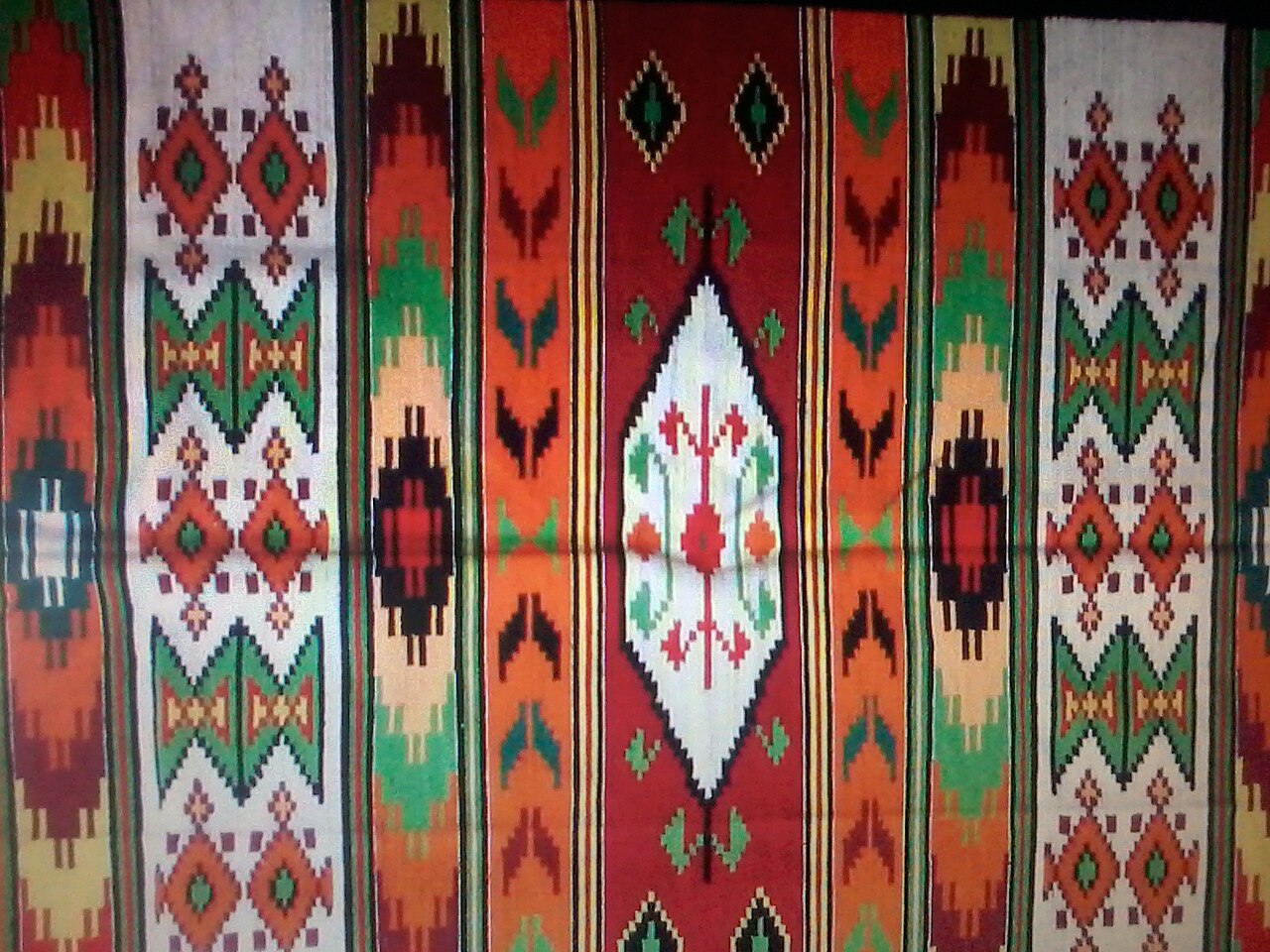Hidden meanings in Ukrainian carpets: How these symbols kept evil away
 What the patterns on ancient Ukrainian rugs mean (photo: Freepik)
What the patterns on ancient Ukrainian rugs mean (photo: Freepik)
Ukrainian rugs were once found in every home. In ancient times, they were not only household items but also powerful family talismans. Their ornaments and patterns conveyed stories, protected families, and reflected worldviews. Each rug had its own unique meaning, which can be understood by looking into the depths of ancient symbolism. Here is what was traditionally depicted on Ukrainian rugs.
Geometric forms
In the past, Ukrainian artisans frequently depicted geometric shapes, such as diamonds, squares, triangles, and zigzags, in their works. They symbolized family, land, fertility, and protection from evil forces. Such motifs can be found on rugs from Podillia, Poltava, and Cherkasy regions.
Floral ornaments
Floral and plant motifs were among the most common. Roses, oak branches, ears of grain, and grape clusters not only decorated the rug but also symbolized life, abundance, and harmony with nature.
Animals
Some rugs depicted birds, horses, deer, or mythical creatures. Birds represented freedom and the soul, horses symbolized strength and life’s path, while snakes and dragons offered protection from evil.
 Ancient Ukrainian rug (photo: Wikipedia)
Ancient Ukrainian rug (photo: Wikipedia)
Sacred symbols and protective signs
Ukrainian rugs also featured symbols of the sun, crosses, Trypillian signs, and other protective elements. It was believed that they protected from illness, misfortune, and evil spirits.
Regional features
Podillia: Geometric ornaments prevailed, often including the "tree of life."
Poltava region: Popular plant motifs and bird scenes.
Hutsul region: Bright colors, asymmetrical geometric shapes, and whimsical figures.
 Hutsul rug (photo: Wikipedia)
Hutsul rug (photo: Wikipedia)
Rugs as historical documents
Each ancient Ukrainian rug is like a book about the lives of ancestors, their customs, religion, and artistic preferences.
Today, such rugs are preserved in museums and private collections. Now, they demonstrate the uniqueness of Ukrainian culture.
You may also be interested in:
- Where our ancestors prayed before adopting Christianity
- Why the "pokut" corner in a house must never be touched and what it symbolizes
- What was done with the clothing of the deceased, and what must never be done
Sources: National Museum of Ukrainian Folk Decorative Arts, Encyclopedia of Modern Ukraine, Wikipedia.

